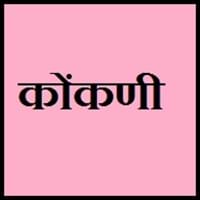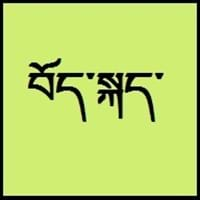Konkani vs Tibetan
- Fr. Thomas Stevan wrote the first book in Konkani in 1651.
- Sahitya Academy recognized konkani as a language in year 1976.
- Tibetan dialects vary alot, so it's difficult for tibetans to understand each other if they are not from same area.
- Tibetan is tonal with six tones in all: short low, long low, high falling, low falling, short high, long high.
Konkani and Tibetan Language History
Comparison of Konkani vs Tibetan language history gives us differences between origin of Konkani and Tibetan language. History of Konkani language states that this language originated in 1209 A.D. whereas history of Tibetan language states that this language originated in c. 650. Family of the language also forms a part of history of that language. More on language families of these languages can be found out on Konkani and Tibetan Language History.
Konkani and Tibetan Greetings
People around the world use different languages to interact with each other. Even if we cannot communicate fluently in any language, it will always be beneficial to know about some of the common greetings or phrases from that language. This is where Konkani and Tibetan greetings helps you to understand basic phrases in Konkani and Tibetan language. Konkani word for "Hello" is Namaskar or Tibetan word for "Thank You" is ཐུགས་རྗེ་ཆེ་། (tujay-chay). Find more of such common Konkani Greetings and Tibetan Greetings. These greetings will help you to be more confident when conversing with natives that speak these languages.
Konkani vs Tibetan Difficulty
The Konkani vs Tibetan difficulty level basically depends on the number of Konkani Alphabets and Tibetan Alphabets. Also the number of vowels and consonants in the language plays an important role in deciding the difficulty level of that language. The important points to be considered when we compare Konkani and Tibetan are the origin, speaking countries, language family, different greetings, speaking population of these languages. Want to know in Konkani and Tibetan, which language is harder to learn? Time required to learn Konkani is 4 weeks while to learn Tibetan time required is 24 weeks.





